AI can predict 79% of human rights trial verdicts
A machine learning algorithm can predict outcomes of human rights trials

Sign up today and you will receive a free copy of our Future Focus 2025 report - the leading guidance on AI, cybersecurity and other IT challenges as per 700+ senior executives
You are now subscribed
Your newsletter sign-up was successful
University researchers have developed an AI algorithm that predicted the verdict of European Court of Human Rights cases with 79% accuracy.
This AI used machine learning tools to reach a conclusion as to what the verdicts of the human rights cases it was presented with would be.
The researchers, from University College London (UCL), University of Sheffield and University of Pennsylvania, collaborated on this project, using their skills and expertise to develop an AI that can analyse case text through a machine learning algorithm.
It searched for patterns in 584 cases relating to three specific fundamental human rights articles, looking for potential violations of article three (involving torture or demeaning treatment), article six (the right to a fair trial), and article eight (the right to respect for private life).
Dr Nikolaos Aletras, who led the study at UCL, told the BBC: "There is a lot of hype about AI but we don't see it replacing judges or lawyers any time soon. What we do think is they'd find it useful for rapidly identifying patterns in cases that lead to certain outcomes."
The algorithm appeared to make most of its mistakes when two cases were very similar but only one was a violation of human rights. This could mean its algorithm found it harder to detect subtle differences in the law.
Some law firms, such as Baker & Hostetler, are already using AI tools to analyse large amounts of legal data.
Sign up today and you will receive a free copy of our Future Focus 2025 report - the leading guidance on AI, cybersecurity and other IT challenges as per 700+ senior executives
However, some of these AIs might still come with limitations. Matt Jones, analyst at Tessella, told the BBC that "an AI can make a good guess but without direct appreciation of the wider context outside of its training data and experience, that guess may be widely off the mark, and in a legal situation that may be dangerous for the case".
Although many of these technologies might still need improvement, Dr Aletras believes that in future the AI his team developed could even help spot cases that are potentially violating the European Convention on Human Rights, hence tackling flaws in the judiciary system.
-
 Salesforce targets telco gains with new agentic AI tools
Salesforce targets telco gains with new agentic AI toolsNews Telecoms operators can draw on an array of pre-built agents to automate and streamline tasks
-
 Four national compute resources launched for cutting-edge science and research
Four national compute resources launched for cutting-edge science and researchNews The new national compute centers will receive a total of £76 million in funding
-
 B2B Tech Future Focus - 2026
B2B Tech Future Focus - 2026Whitepaper Advice, insight, and trends for modern B2B IT leaders
-
 Future focus 2025: Technologies, trends, and transformation
Future focus 2025: Technologies, trends, and transformationWhitepaper Actionable insight for IT decision-makers to drive business success today and tomorrow
-
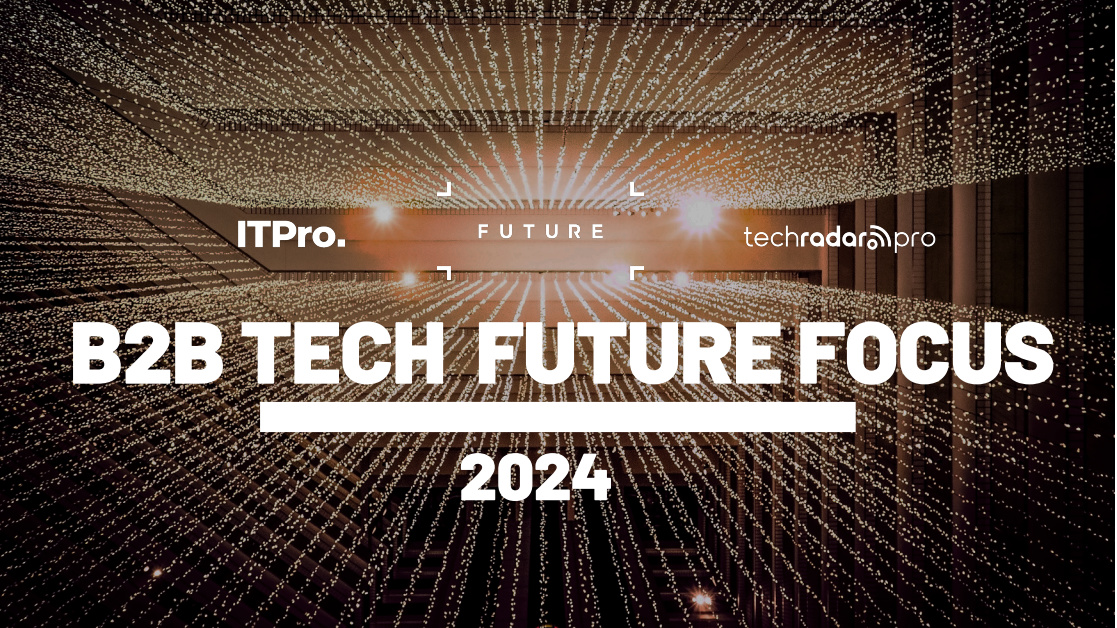 B2B Tech Future Focus - 2024
B2B Tech Future Focus - 2024Whitepaper An annual report bringing to light what matters to IT decision-makers around the world and the future trends likely to dominate 2024
-
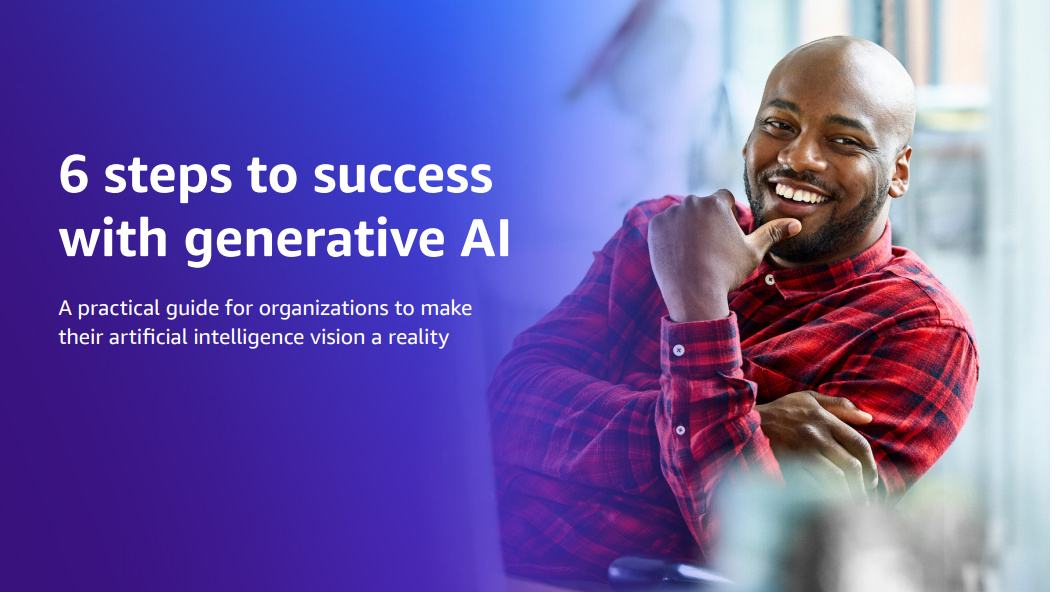 Six steps to success with generative AI
Six steps to success with generative AIWhitepaper A practical guide for organizations to make their artificial intelligence vision a reality
-
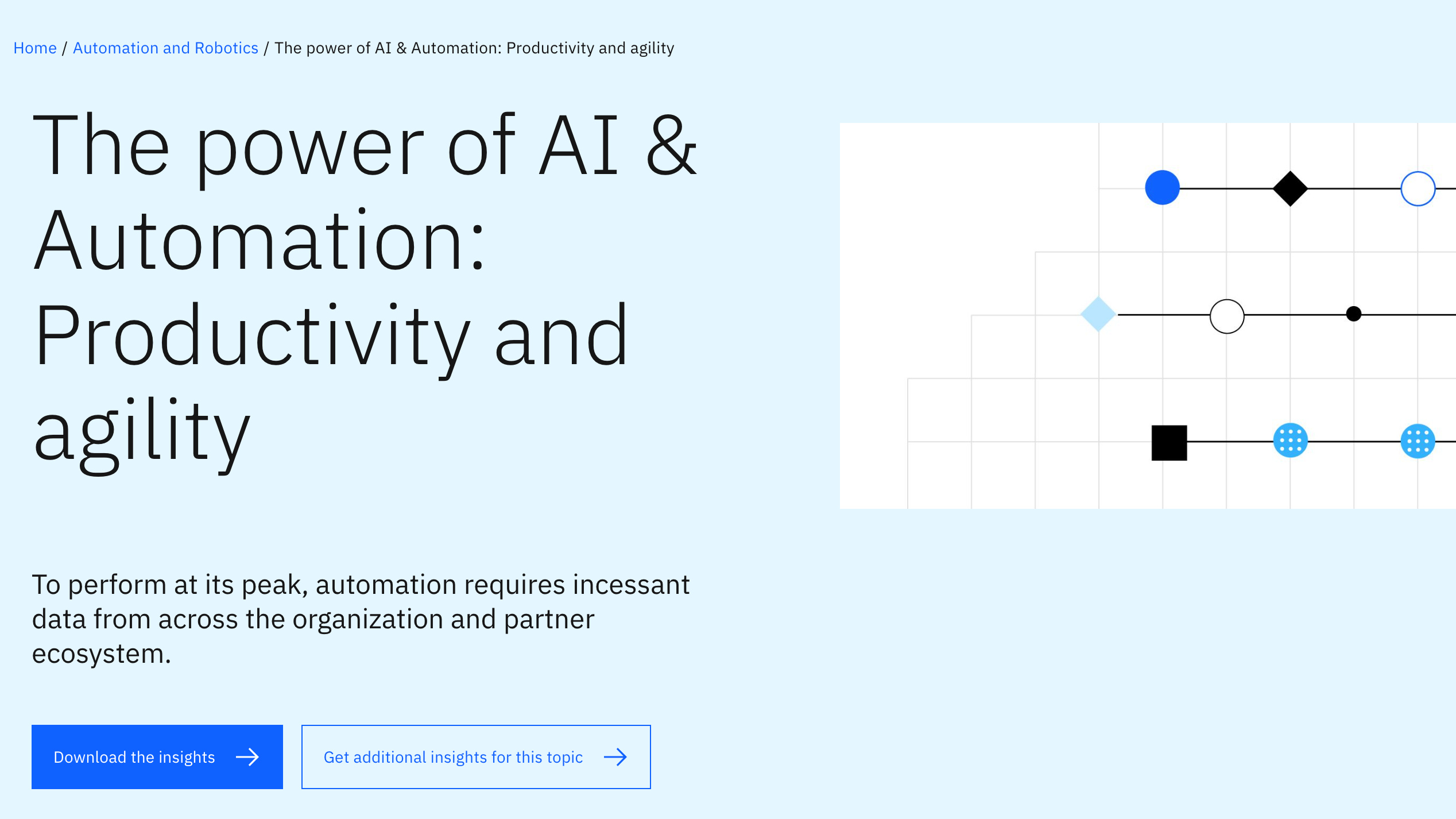 The power of AI & automation: Productivity and agility
The power of AI & automation: Productivity and agilitywhitepaper To perform at its peak, automation requires incessant data from across the organization and partner ecosystem
-
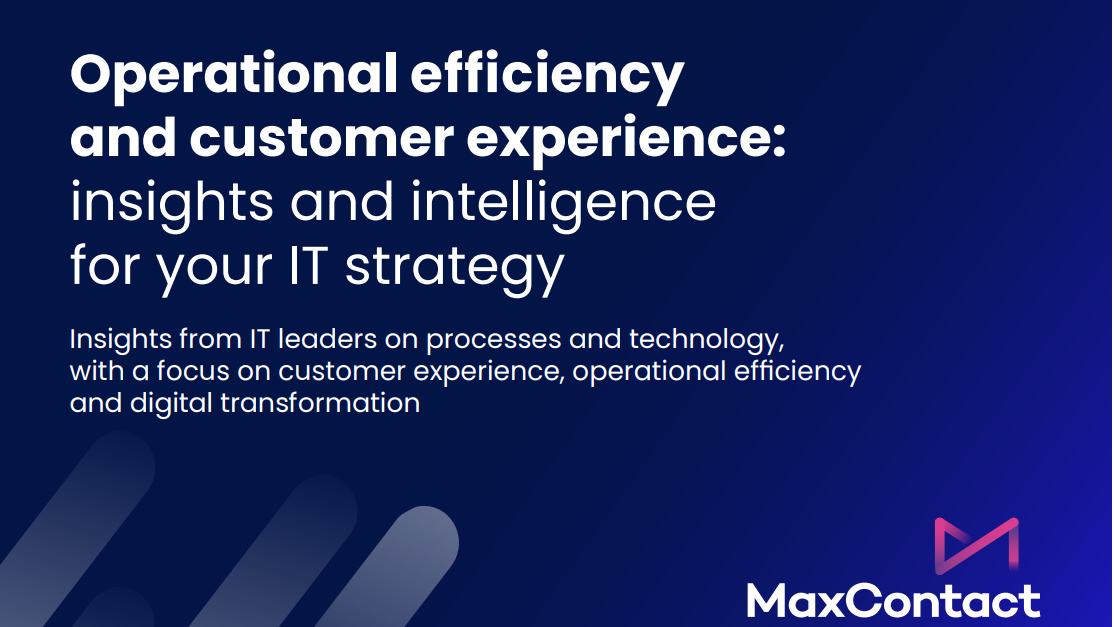 Operational efficiency and customer experience: Insights and intelligence for your IT strategy
Operational efficiency and customer experience: Insights and intelligence for your IT strategyWhitepaper Insights from IT leaders on processes and technology, with a focus on customer experience, operational efficiency, and digital transformation
-
 Sustainability at scale, accelerated by data
Sustainability at scale, accelerated by dataWhitepaper A methodical approach to ESG data management and reporting helps GPT blaze a trail in sustainability
-
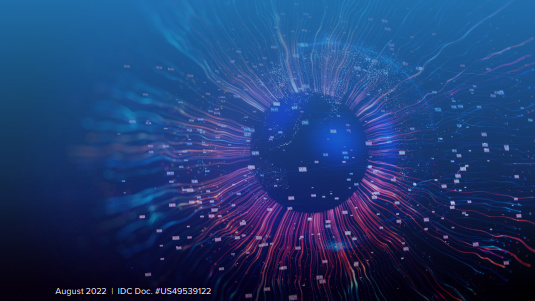 What businesses with AI in production can teach those lagging behind
What businesses with AI in production can teach those lagging behindWhitepaper The more sophisticated the AI Model, the more potential it has for the business